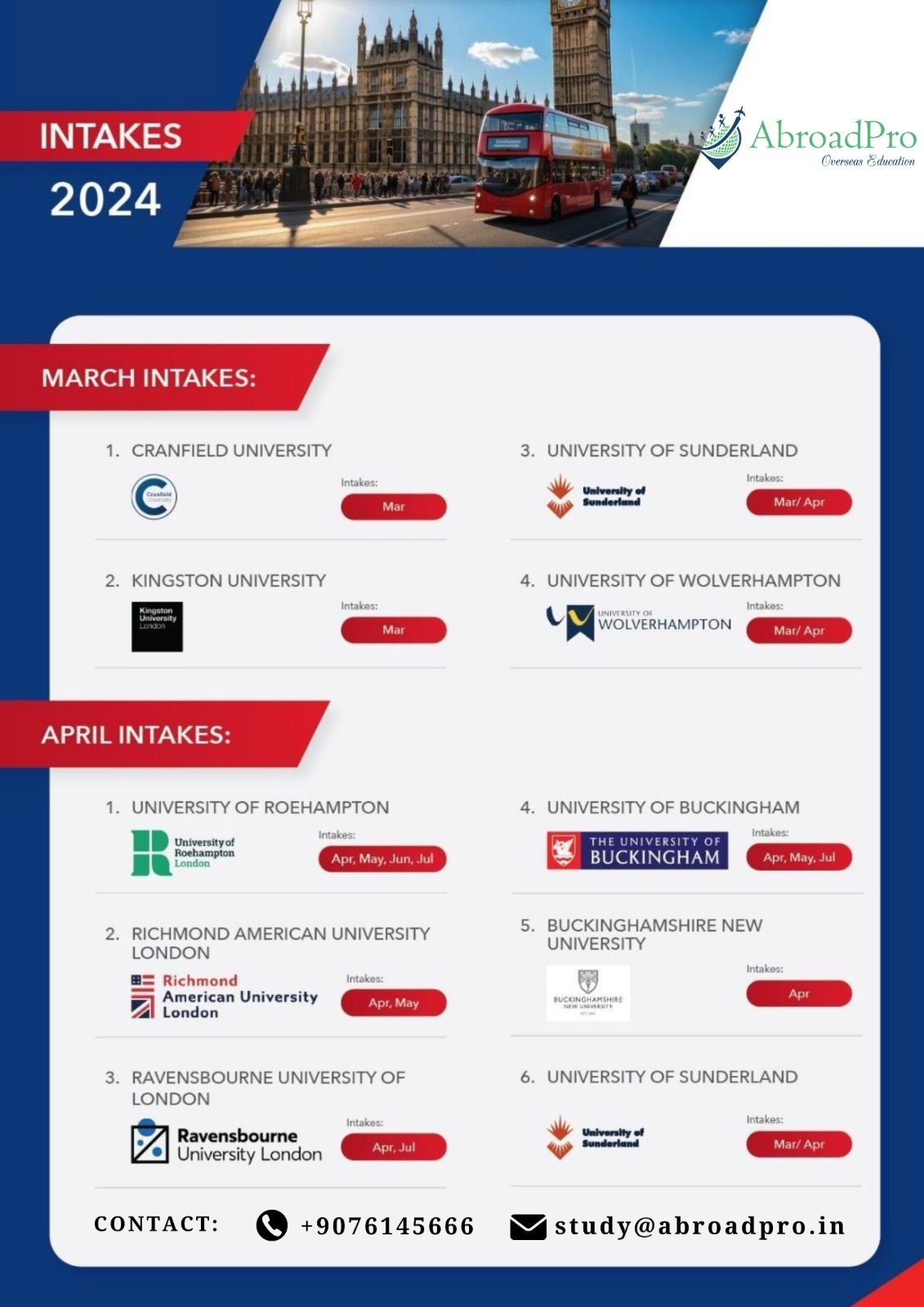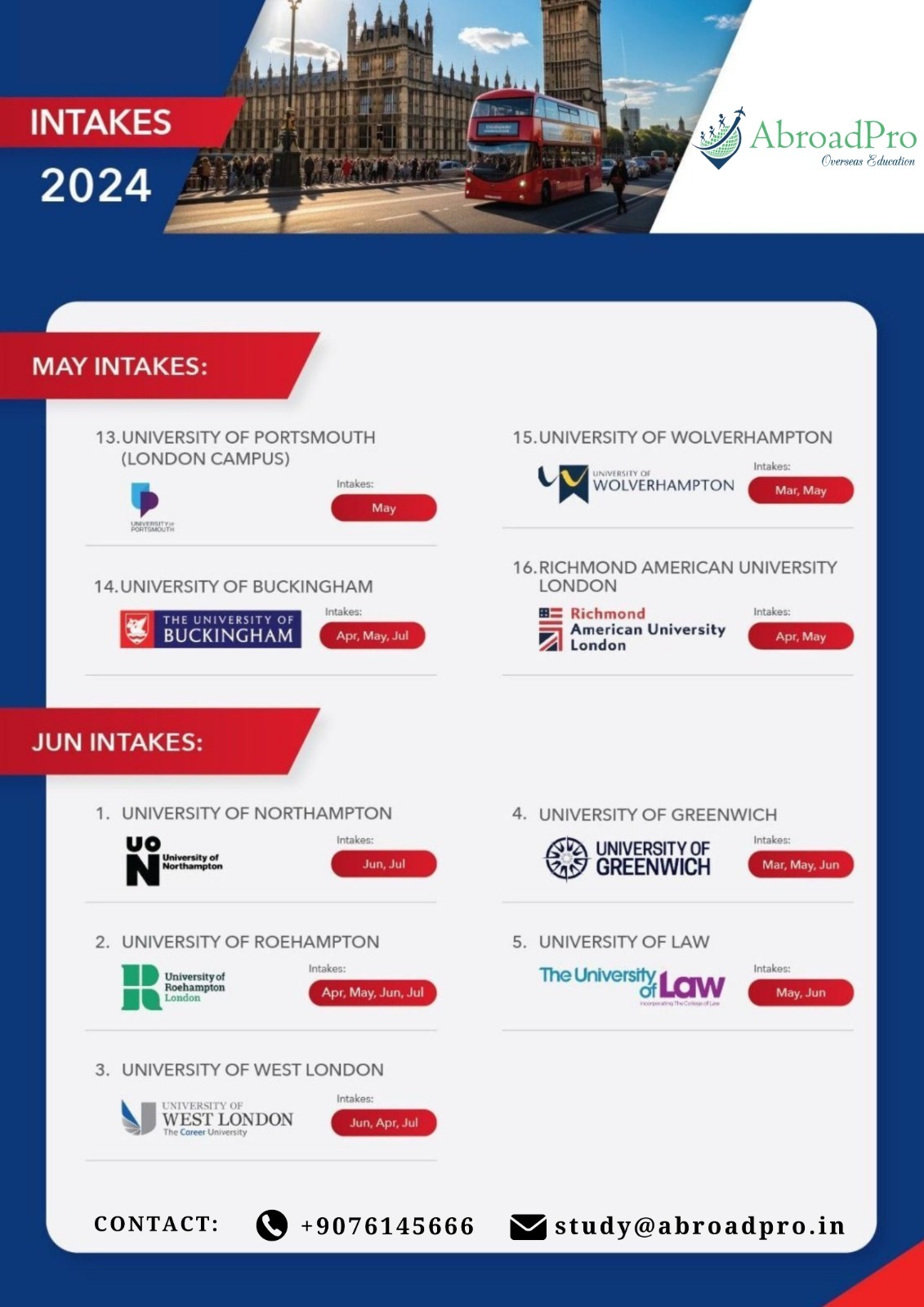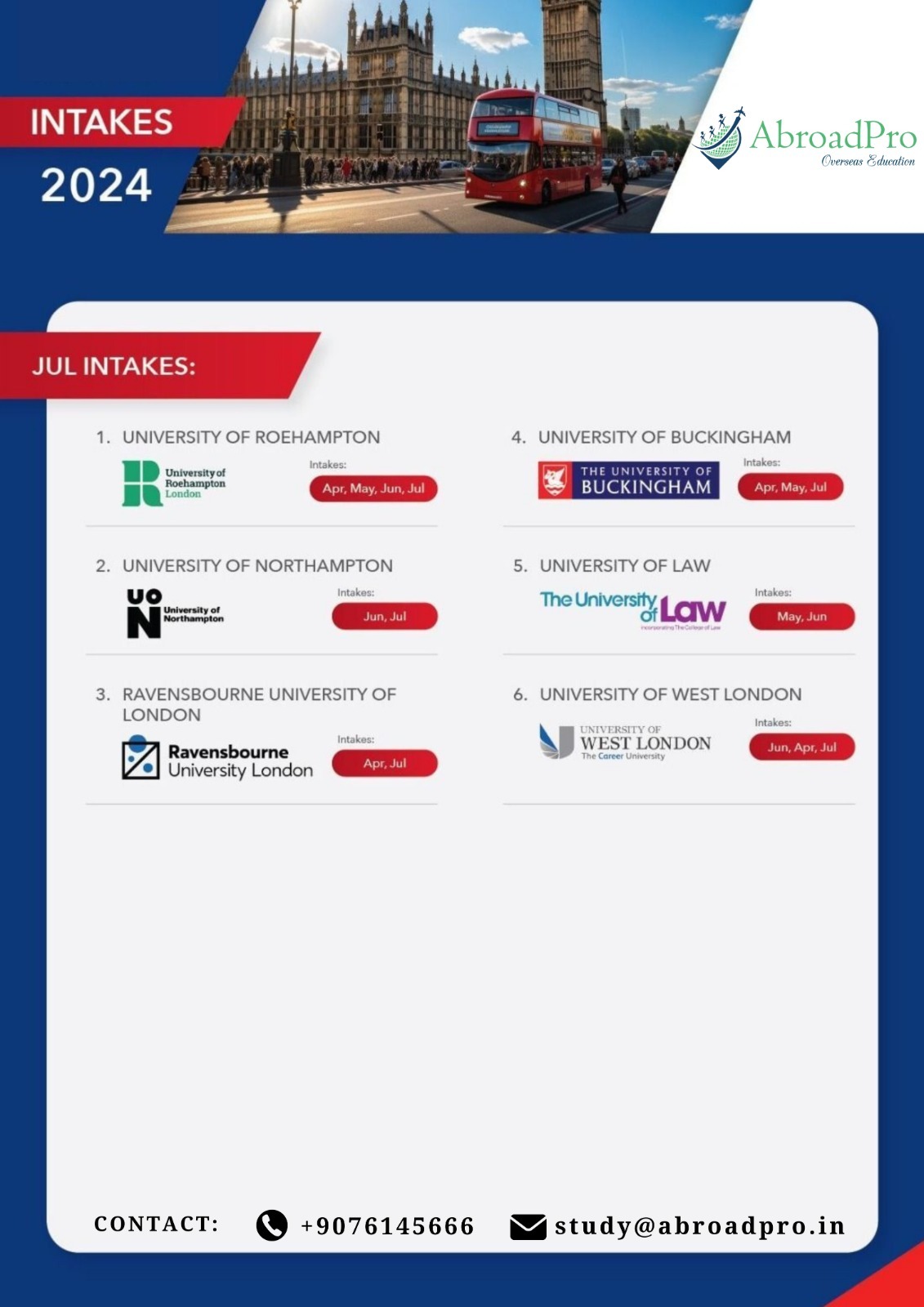
About Us
AbroadPro is a leading consulting firm specializing in providing comprehensive guidance and support to students aspiring to pursue higher education abroad. With a dedicated team of experienced professionals, we offer end-to-end consulting services to ensure a seamless transition for students seeking educational opportunities in international institutions.
Study Abroad - Choose your Country!
Our Services
IELTS/GRE/GMAT/PTE/TOEFL/ Loan Assistance/Accomadtion Assistance/ Post Landing Assistance/Pre Departure Brifing
Latest News



BOOK A FREE COUNSELING SESSION
FAQ's
People often think that studying at foreign universities is very costly. But there’s more to it than just money. When you study in India, the average salary you might earn later is usually less than what you could earn after studying abroad, especially in Western countries. This salary difference matters because companies often consider it when hiring. It’s like setting a benchmark for your future earnings even before you get your first paycheck.
Moreover, many top positions in companies prefer people who have an international perspective because they work on a global scale. So, studying abroad not only costs money but also opens doors to better job opportunities.
In the end, studying in another country is an amazing experience that helps you learn a lot, not just academically but also in terms of your personal growth and skills.
Having good grades alone doesn’t guarantee you a scholarship, even though it’s an important factor. When the Admissions Office decides who gets a scholarship, they look at more than just your scores. They consider things like your academic achievements, extracurricular activities, financial situation, and your application essay (Statement of Purpose or SOP). These factors all play a role in the decision-making process.
If you’re someone who likes taking risks and wants to broaden your horizons by studying abroad, it can be a great choice. However, it’s a good idea to have a decent grade point average (GPA of 2.0 or higher) because it can improve your chances of getting into the program.
Picking the right place to study abroad can be a tricky decision. It all depends on your interests, the cost, and the career path you’ve chosen. Look for a country that matches your academic needs, and also consider factors like safety and job opportunities.
After you’ve figured out your purpose, you can start planning for it. Keep in mind that university deadlines vary. Some accept applications from early January to February, while others take them from June to July. Most programs usually begin in the fall, around September and October.
The duration of your studies depends on the degree you’re aiming for. If you’re pursuing a bachelor’s degree full-time, it typically takes around 3-4 years. In the UK, many bachelor’s courses are three years long, while in the US, they often span four years. On the other hand, a master’s degree usually takes 1-2 years, while a PhD program can last for about 3-4 years.
You have the option to pay for one semester or the entire academic year when studying at a foreign university. Apart from tuition, we also assist you in finding accommodation, meals, and fulfilling other essential needs.
Each university and country has its own admission rules, so it’s important to check the requirements of the college you want to attend. In general, if you have a bachelor’s degree, you’ll need to show that you completed your high school education with grades that match the program you’re applying for, like GPA, A-levels, or equivalent qualifications.
If you have an international degree and are unsure if it will be accepted, it’s a good idea to contact the Admissions department for clarification.
If you’re a non-native English speaker planning to study in an English-speaking country, you’ll likely need to take an English proficiency test like TOEFL or IELTS. Similarly, if you’re studying in a language other than English, a language proficiency test may be required.
Absolutely, you have the flexibility to select a scholarship at any point in time. With Regent Educonnect, you can access valuable educational resources and accurate information to guide you through your college journey.
When you travel to an English-speaking country, language can sometimes pose a challenge, so it’s important to address it. You can enhance your language skills and even learn new languages to enrich your experience while abroad.
There are no age restrictions when it comes to pursuing education abroad. Education is a passion, and if you can demonstrate your commitment, universities worldwide welcome applications for admission.
All documents required at the time the application approval are:
• Passport for identification
• A statement of purpose
• CV or Resume
• Academic references or the letter of recommendation
• Certificate of your Secondary Education
• Proof of English proficiency, usually a TOEFL or IELTS certificate. Or you can show it for others English exams too.
• Tests affect admission like GMAT or GRE for graduate programs.








